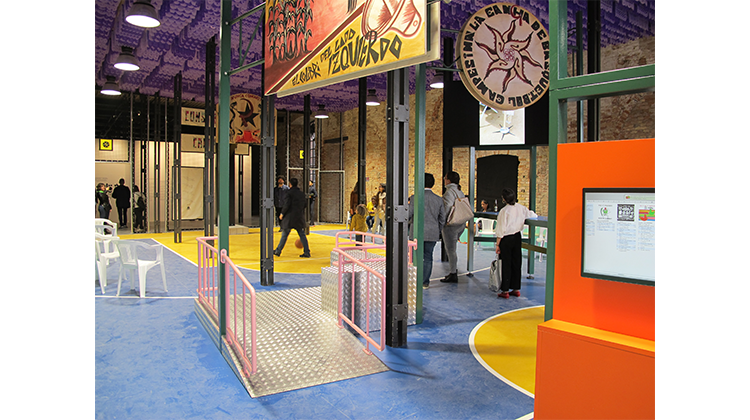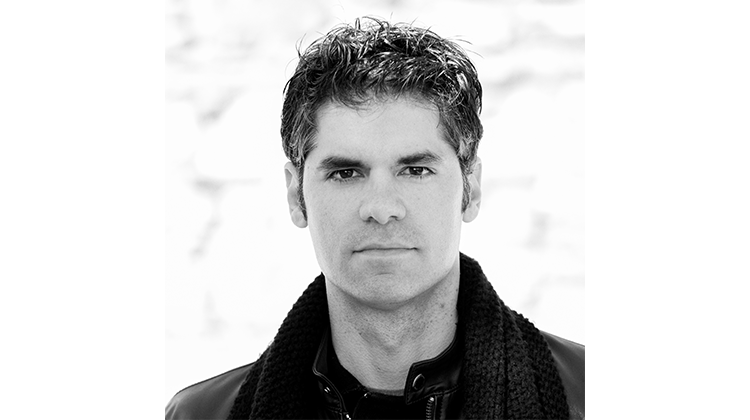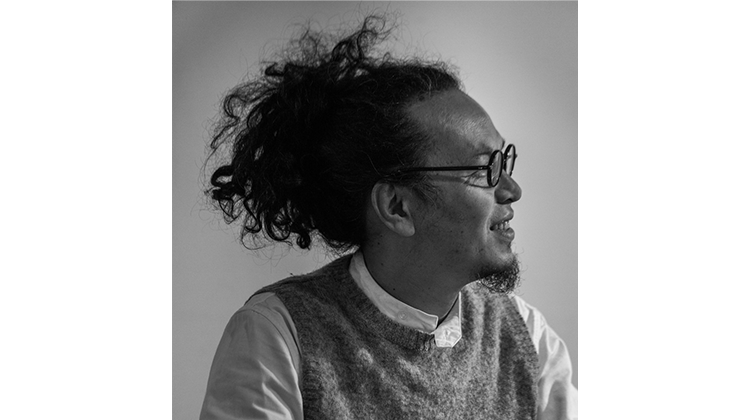4.140
MAS.863
6.9020
How to Make (Almost) Anything
Provides a practical hands-on introduction to digital fabrication, including CAD/CAM/CAE, NC machining, 3-D printing and scanning, molding and casting, composites, laser and waterjet cutting, PCB design and fabrication; sensors and actuators; mixed-signal instrumentation, embedded processing, and wired and wireless communications. Develops an understanding of these capabilities through projects using them individually and jointly to create functional systems.
Neil Gershenfeld
T.A.
Fall
2025
3-9-6
G
Schedule
Lecture: W 1-4
Lab: R 5-7
Location
E14-633
Prerequisites
permission of instructor
Can Be Repeated for Credit
No





